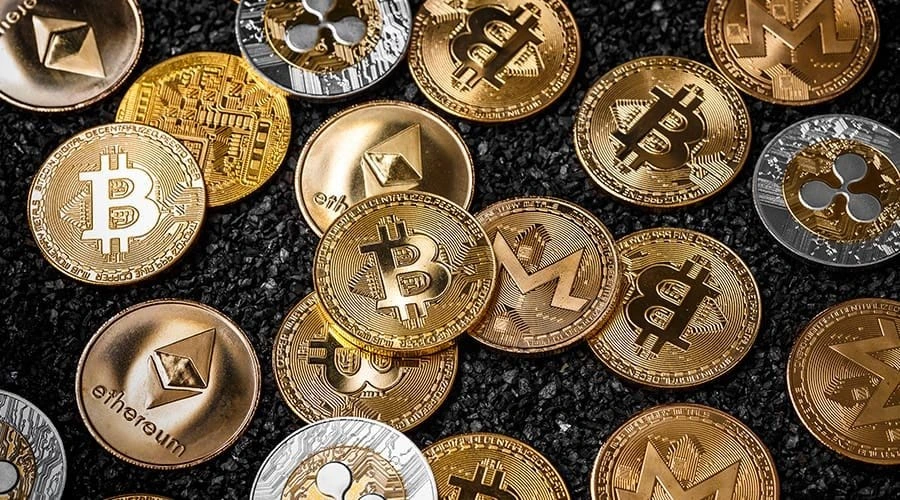PROTECT YOUR DNA WITH QUANTUM TECHNOLOGY
Orgo-Life the new way to the future Advertising by Adpathway(Analysis) Brazil’s fiscal debate has reached a critical point, as confirmed by the latest International Monetary Fund (IMF) and National Treasury data.
President Luiz Inácio Lula da Silva’s administration faces mounting resistance from Congress over proposed tax increases, while the country’s debt and inflation pressures intensify.
The government introduced an income tax reform in March 2025, aiming to expand the tax-free bracket for individuals and offset lost revenue by taxing higher earners and corporate distributions.
The reform also includes a new tax on dividends, directly affecting business profit strategies. Congress, however, signaled its intent to amend the bill, reflecting deep divisions over how to address Brazil’s fiscal imbalance.
Speaker of the House Hugo Motta publicly opposed the government’s latest plan to raise taxes, stating that lawmakers do not support increasing levies to solve fiscal problems.
 Brazil’s Fiscal Tug-of-War Strains Business and Growth. (Photo Internet reproduction)
Brazil’s Fiscal Tug-of-War Strains Business and Growth. (Photo Internet reproduction)This resistance casts doubt on the administration’s ability to meet its fiscal goals. The lower house’s mood remains unfavorable to tax hikes, and leaders have discussed blocking the government’s proposals.
Brazil’s Public Debt Hits Record High
Brazil’s federal public debt reached 7.617 trillion reais ($1.33 trillion) in April 2025, a record high. This marks a 1.44% increase from March, driven by high interest rates and new borrowing.
The domestic debt rose to 7.31 trillion reais, while interest payments, inflated by a 14.75% Selic rate, added 70.3 billion reais to the burden. External debt decreased slightly as the real strengthened against the dollar, but the overall debt remains below the 8.1–8.5 trillion reais projected for 2025.
The country holds a financial reserve of 904 billion reais, covering just over eight months of repayments. However, 1.365 trillion reais in bonds will mature over the next year, requiring careful refinancing.
Financial institutions, pension funds, and foreign investors hold the bulk of domestic debt, supporting borrowing needs but exposing the country to rising costs. Higher debt servicing costs weaken the real, making exports less competitive.
The IMF projects Brazil’s growth to slow from 3.4% in 2024 to 2.3% in 2025, citing tight monetary conditions and reduced fiscal support. Inflation is expected to reach 5.2% by the end of 2025, well above the 3% target.
The Central Bank’s Focus report shows analysts raising their inflation forecast to 5.68% for 2025, with the Selic rate projected to average 9.61% by year’s end.
The proposed income tax reform is designed to be tax-neutral, but rising social expenditures continue to pressure public finances.
Fiscal policy remains slightly expansionary, and the lack of consensus between the executive and legislative branches leaves the fiscal outlook uncertain.
Brazil’s struggle to balance its budget and control debt costs directly affects business confidence and trade competitiveness. The outcome of this fiscal standoff will shape the country’s investment climate and economic stability for years to come.


 4 weeks ago
5
4 weeks ago
5










 English (US) ·
English (US) ·  French (CA) ·
French (CA) ·  French (FR) ·
French (FR) ·